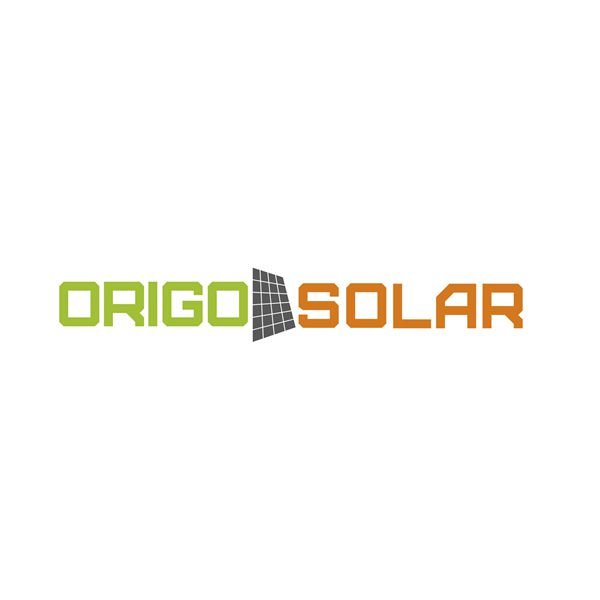Introduction
In today’s world, where energy costs continue to rise and environmental concerns are at the forefront of our minds, more homeowners are turning to solar panels as a sustainable and cost-effective solution for their energy needs. Solar panels, also known as photovoltaic (PV) systems, not only provide clean and renewable energy but also offer significant savings over time. If you’re considering making the switch to solar power, you might be wondering just how much you can save with solar panels. In this blog, we’ll explore the various factors that determine your savings and help you understand the potential benefits of investing in solar energy.
Lower Energy Bills
One of the most immediate and noticeable benefits of installing solar panels is a reduction in your monthly energy bills. Solar panels generate electricity from sunlight, which means you can produce your own electricity during the day and use it to power your home. Any excess electricity can be stored in batteries or fed back into the grid, earning you credits or reducing your utility bill even further.
The amount you save on your energy bills depends on factors such as the size of your solar panel system, your location, and your energy consumption. On average, homeowners can expect to save between 10% and 30% on their electricity bills in the first year of installation.
Return on Investment (ROI)
While the upfront cost of purchasing and installing solar panels can be significant, it’s essential to view this as a long-term investment. The ROI for solar panels can vary widely, but it typically ranges from 5 to 20 years, depending on the size of your system and the local energy rates. Once your solar panel system has paid for itself, you’ll continue to enjoy free electricity for the remaining life of the system, which can be 25 years or more.
Federal and State Incentives
Many governments offer incentives and tax credits to encourage the adoption of solar energy. In the United States, for instance, the federal government offers the Solar Investment Tax Credit (ITC), which can reduce the cost of a solar panel system by up to 26% as of my knowledge cutoff date in September 2021. Various states and municipalities also provide additional incentives, rebates, or tax credits to further reduce the cost of installation.
These incentives can significantly impact your savings, making solar panels a more attractive and affordable option for homeowners.
Energy Independence
By generating your own electricity with solar panels, you reduce your reliance on traditional energy sources, such as fossil fuels. This not only contributes to a cleaner environment but also shields you from the volatility of energy prices. With solar panels, you have greater control over your energy costs, as you’re less susceptible to fluctuations in utility rates.
Increasing Home Value
Solar panels can enhance the resale value of your home. Many homebuyers are willing to pay a premium for homes equipped with solar panels, as they recognize the long-term cost savings and environmental benefits. Studies have shown that solar panels can increase a home’s value by an amount roughly equal to the cost of the system.
Conclusion
While the savings from solar panels can vary depending on several factors, the overall benefits are clear. With lower energy bills, a solid return on investment, government incentives, and increased home value, solar panels are a wise financial and environmental choice. They not only reduce your carbon footprint but also provide financial security and energy independence.
Before making the switch to solar energy, it’s essential to consult with a reputable solar installer to assess your specific needs and circumstances. By doing so, you can determine the potential savings and benefits of solar panels for your home and make an informed decision to embrace a cleaner, more sustainable future.


